Science at UM [S03-ep19]: The domestication of cacao
This week on A l’UM la science, we talk about the domestication of cocoa with geneticist Claire Lanaud from the Agaplaboratory . The report takes us to Baillarguet in the company of Sébastien Vidal, head of the microcosm platform. Finally, in the last few minutes, Agnès Pesenti will present the next Science Bar dedicated to Brain Awareness Week. The program is broadcast every Wednesday at 6 p.m. on Divergence-FM 93.9.
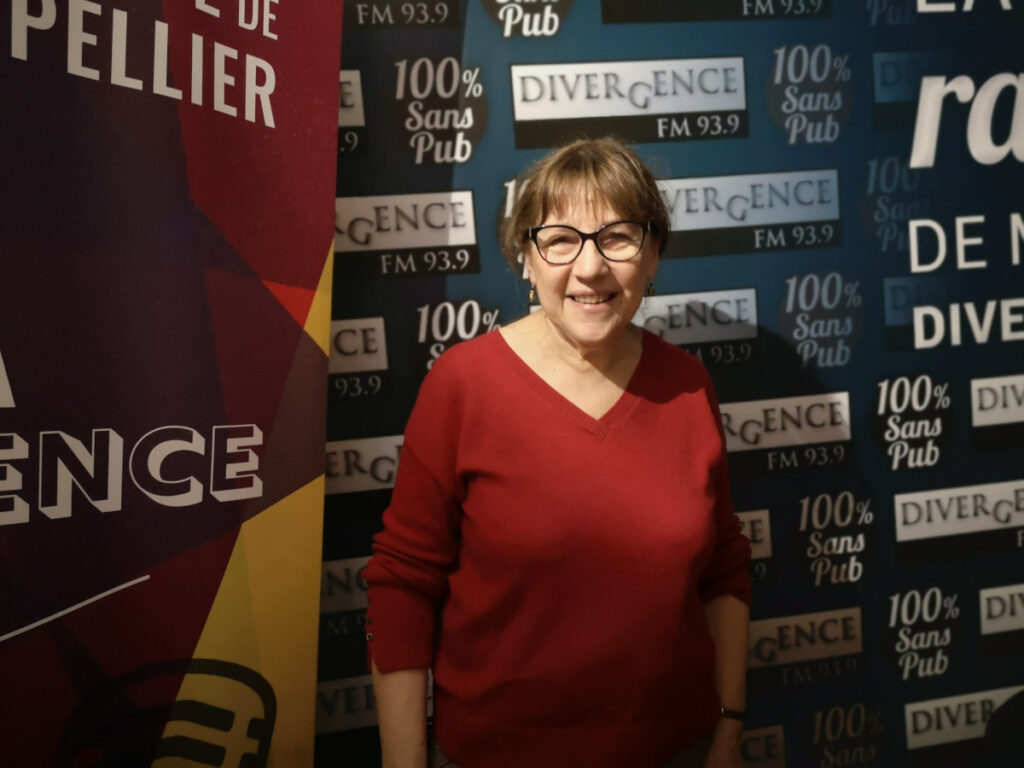
You can enjoy it very dark, like a good coffee, with a pinch of salt or chili pepper for a touch of fantasy. You can prefer it garnished with hazelnuts or almonds for crunchiness, or drink it smooth and steaming from a cup. For many of us, chocolate is much more than just a treat.
Every year, French people consume more than 300,000 kg of chocolate, or 7 kg per person. In Switzerland, in 2023, the press lamented the fact that, for the first time in 40 years, chocolate consumption had fallen below 10 kg per capita per year. The champions in a world that consumes 7.2 billion tons of cocoa every year. That's all.
Paradoxically, producing countries are far from being the biggest consumers. In Côte d'Ivoire, the world leader with more than 2 million tons produced each year, consumption amounts to around 500 grams per person per year.
However, cocoa does not originate from Africa, the leading exporter, or Europe, the leading importer, but from South America, and more specifically from the Amazon, before humans brought it out of the forest and domesticated it.
When? That is the question we are asking our guest today. She is an emeritus geneticist at the Agap laboratory. With a team of archaeologists, anthropologists, geneticists, and biochemists, they have found traces of ancient DNA on pottery dating from 5,000 to 400 years ago to trace the history of cocoa domestication. A study conducted with her colleagues Hélène Vignes, Xavier Argout, Bénédicte Rhoné, and Olivier Fouet from the Agap laboratory.
In the second part of the program, you will discover our second episode at the Baillarguet Ecotron. This week, we visit the microcosm platform with Sébastien Devidal, the research engineer in charge of the Ecotron's microcosm platform, who shows us its 13 identical and independent climate chambers, each measuring 2 cubic meters, which can accommodate plants, soil, and even butterflies, all for the purpose of studying the effects of climate change.
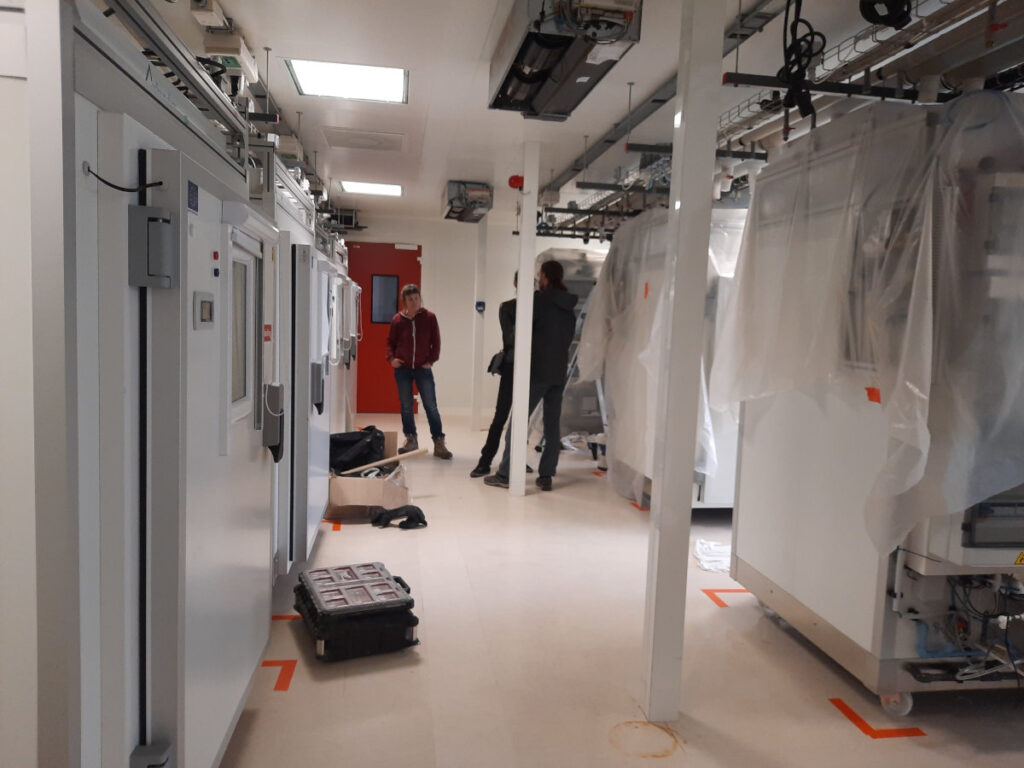
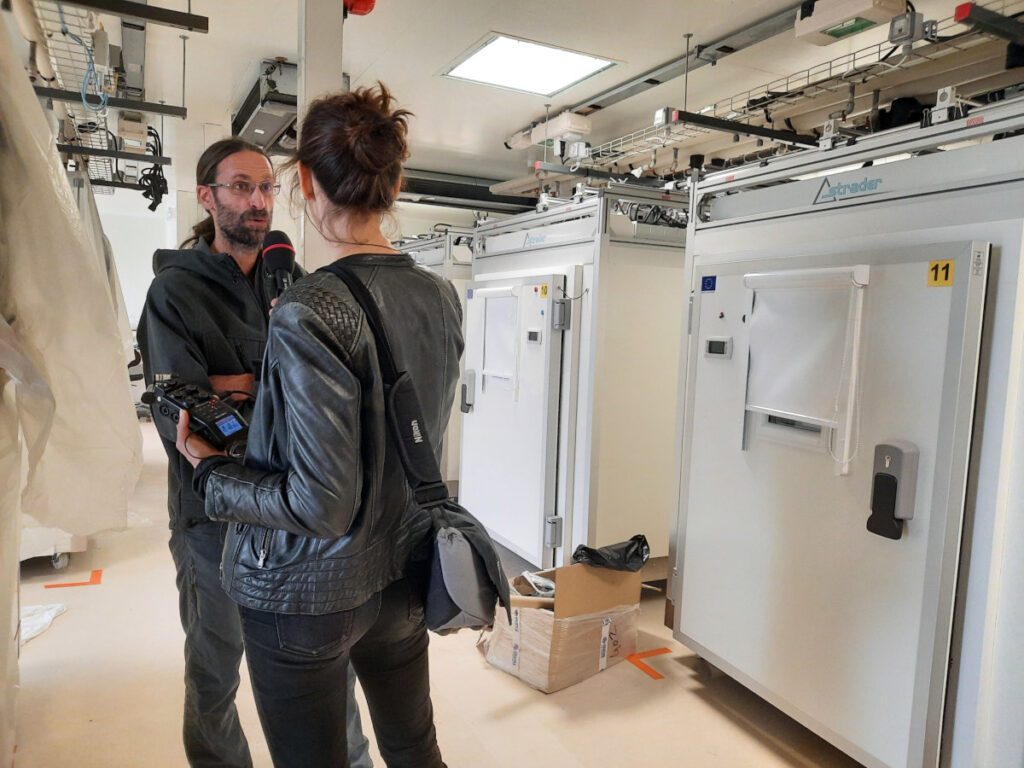
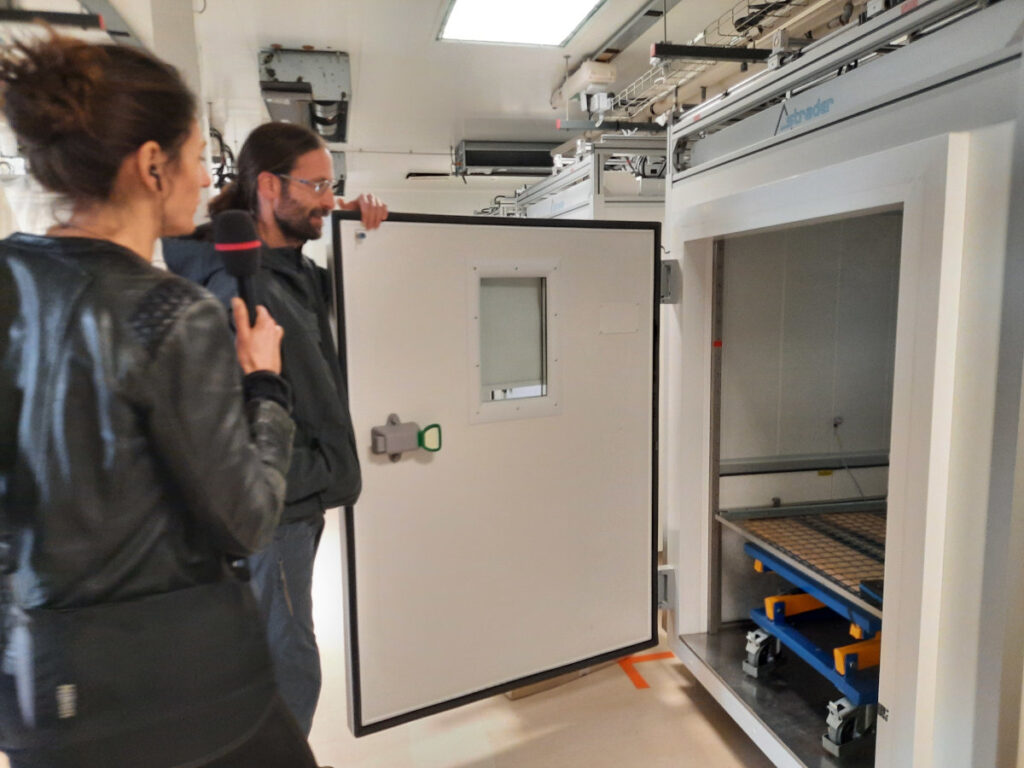
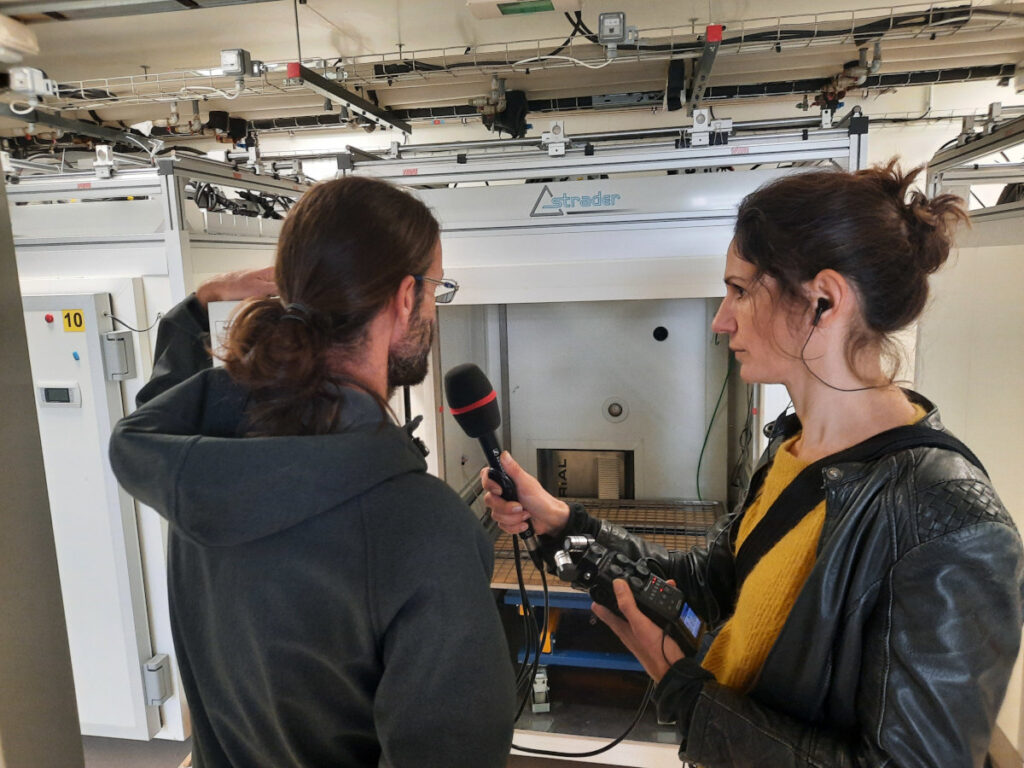
Finally, we will welcome Agnès Pesenti, as the Science Bar is already back, and this time the conference theme is part of Brain Awareness Week.
At UM Science, you have the program, so let's get started!
Co-production: Divergence FM / University of Montpellier
Host: Lucie Lecherbonnier
Interview: Aline Périault / Lucie Lecherbonnier
Reporting: Aline Périault, Lucie Lecherbonnier
Editing: Aline Périault
Production: Alice Rollet / Tom Chevalier
Listen to the program “A l’UM la science” on Divergence FM 93.9

Find UM podcasts now available on your favorite platform (Spotify, Deezer, Apple Podcasts, Amazon Music, etc.).